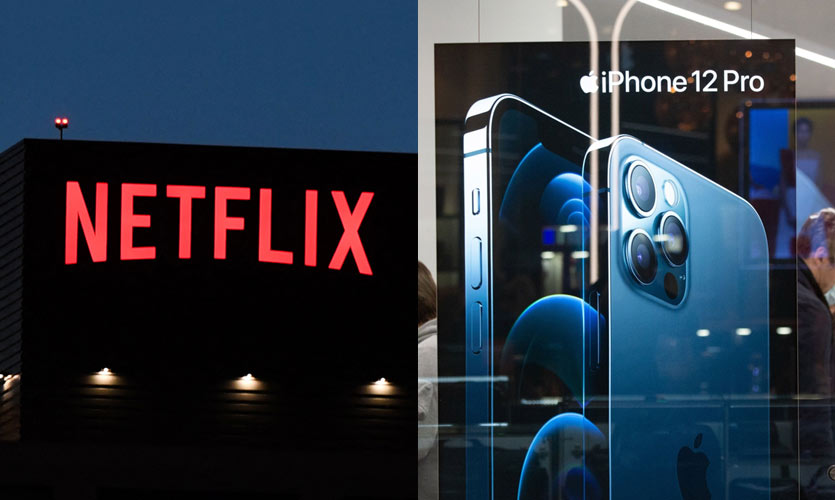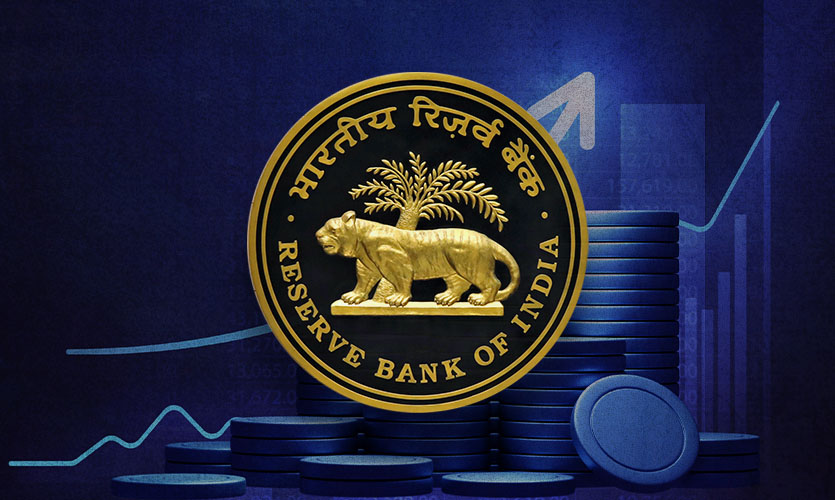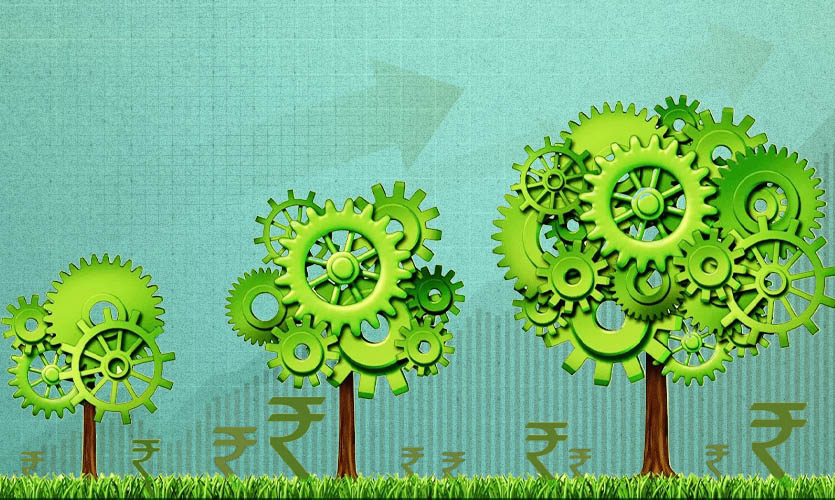The ongoing Russian invasion of Ukraine has led corporations across auto, energy, aviation, big tech, finance, consulting and so on, to halt business in Russia with unprecedented speed. The boycott saw McDonald’s temporarily shut down 850 outlets across Russia. On February 25, Ukraine’s Vice Prime Minister Mykhailo Fedorov tweeted a letter to Apple CEO Tim Cook, requesting the tech giant to pull out of Russia. In response, Apple closed all outlets and paused product sales in the country. Coca-Cola also announced the suspension of business in Russia, but with very limited details.
Over the past week, Yale University professor Jeffery Sonnenfeld and his research team put together a list of companies that have halted business operations in Russia. There is mounting pressure on C-suite executives that continue “business as usual” with Russia and are not prepared to risk profits and market share. According to the Washington Post, Sonnenfeld believes that Western companies who have operations in Russia are limiting all operations because implementing sanctions and boycotts could help avert a broader war between Russia and the West. Sonnenfeld further said that the temporary ban by corporations is “one step away from open warfare… a last-ditch effort. You’re helping those workers by not having [the West] dropping bombs and shooting them.” The list cites about 290 companies that have announced their withdrawal from the country since it invaded Ukraine.
Brands like Unilever and Procter & Gamble (P&G) have issued statements denouncing Russia’s act of invasion, and boycotts spanning most operations within the corporations. On March 7, P&G CEO Jon Moeller, said in a letter to employees that the company has “discontinued all new capital investments in Russia”, and is “suspending all media, advertising, and promotional activity”. He further said, “We are significantly reducing our product portfolio to focus on basic health, hygiene and personal care items needed by the many Russian families who depend on them in their daily lives. As we proceed with the reduced scale of our Russian operations, we will continue to adjust as necessary.”
Unilever said that it will “continue to supply our everyday essential food and hygiene products made in Russia to people in the country,” adding, “we will keep this under close review”. The company has suspended imports of its products to Russia and is stopping all investment in the country, in addition to stopping exports from there. Unilever established a clear stand that it won’t profit from its presence in Russia.
Companies making packaged food items and household necessities have been slow to impose a full boycott, unlike the financial services firms, oil and gas companies, and retailers that withdrew in full swing from Russia. Consumer product companies have argued that complete boycotts could impact the lives of regular people in Russia who are dependent on these resources, and will have a harmful impact on Russian workers. “We’re not being prescriptive, we’re trying to understand their roles and choices,” said Joe Sinha, chief marketing officer for Parnassus Investments in San Francisco. Sinha is supportive of steps like sanctions that cut off Russian banks and technology firms close to the military, however, he says that the analysis could be different for food companies that serve consumers. “For certain goods and services it would harm individual citizens who don’t have anything to do with the regime,” he said. “There are gray areas.”
The impact of the rising “buycott” culture or the consumer boycott trend will not be realised if a few companies or consumers pull out but could have a cumulative impact on Russia if there is a wide-scale movement by big brands and consumers. However, experts stress that predicting Putin’s mind in the short term has become increasingly hard, and that these impacts will only lead to pain for the common citizens. The closures, with the plummeting value of the Russian ruble, which has lost 50 percent of its value against the US dollar, and the halting of financial transactions by Visa and Mastercard, will hit the average Russian hard.
Early into the invasion, Russia’s central bank raised the interest rate to close to 20 percent, an all-time high. Stock markets have been closed for more than a week over fears of a crash. Energy companies like Shell and BP have also suspended operations and isolated the country, indicating how the West is going after Russia’s energy economy, with Canada and US banning imports on March 8. The UK and Europe are also chalking up plans to move away from their dependency on Russian oil. All these factors combined together will play a significant role for the fate of the Russian economy. The scenario seems bleak for ordinary Russians. Werner Antweiler, an economics professor at the University of British Columbia’s Sauder School of Business reportedly told Global News in an email that he doubts whether all that misery will lead to a “tipping point” that convinces Putin to stop the invasion. “Putin only cares about his own power and not about the prosperity and well-being of the Russian citizenry,” he said. “As long as repression keeps opposition at bay, he will be able to continue the war in Ukraine,” Antweiler supposed.
Last month Russia announced an economic stability fund, a domestic war chest for limiting financial instability, which apparently has close to over 4.5 trillion rubles (US$53 billion) available to ward off the impact of sanctions. However, Lisa Sundstrom, a political science professor at the University of British Columbia said that the fund could eventually run out, even with allies like China and India vowing to help Russia economically.
Read more: How Will The Russia-Ukraine Conflict Impact Indian Economy?
McDonald’s owns 84 percent of its Russian stores. The company has promised to pay employees of those stores, as well as workers at the 109 restaurants it owns in Ukraine that have also temporarily closed. It is too soon to assess how long these companies will remain out of Russia. “Companies need to strike this balancing act between its business interests and the human rights impact, and whether they’re contributing to the conflict,” said Anita Ramasastry, a law professor at the University of Washington. “These companies are clearly feeling pressure to leave in this case, but I imagine that they’re also weighing the human rights impact of their leaving – how will that affect consumers who no longer have this option to feed themselves?” questioned Ramasastry, who also serves on the United Nations Working Group on Business and Human Rights.
On March 9, Russia accused the United States of declaring an economic war on the country that has led to chaos in its energy markets, and said that it is considering a response to the ban on Russian oil and energy. The Russian economy is facing its gravest crisis since the fall of the Soviet Union in 1991. According to the Guardian, if the war extends into 2023, with rising sanctions from western governments, and Russia retaliating by restricting gas supplies, it could cause a sharp fall of 7 percent in the Russian GDP next year.










